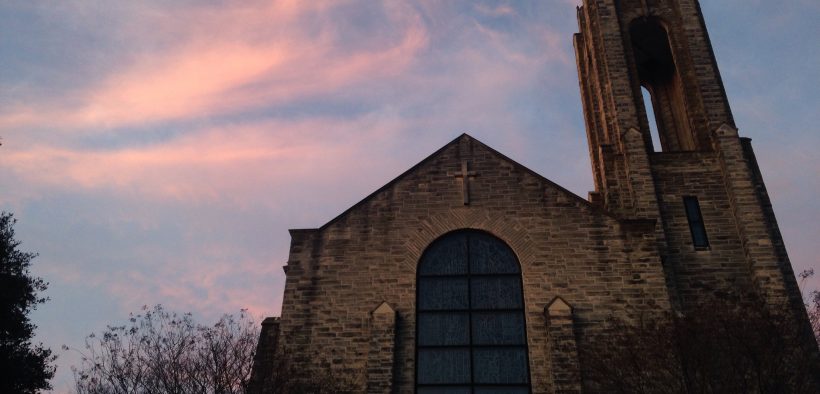Lavender Spaces at SU
Share

By: Sherlyn Ong
Lavender spaces, SU’s version of the safe space program which is also done in many other campuses and companies, focused on the MOGAI community.
The term MOGAI stands for marginalized orientations, gender alignments and intersex and serves as an alternative acronym for LGBTQ. The training strives to inform its attendees about MOGAI communities and how to create a safe space for them.
This has been made possible by the efforts of Carley Arnold and Colton Ferrel, previous members of the Office of Diversity Education (ODE). Patrick Garza currently holds these trainings.
The training itself comprises sections over identities to get familiarity about them; it goes over different marginalizations that MOGAI people face as a general group and also has a section that concentrates on creating safe spaces.
The training is done lecture-style with an activity at one point and questions are welcomed throughout. The lecture covers MOGAI people as a whole, including aspects of privilege where MOGAI people are underprivileged and other topics like the AIDS epidemic and how it affects the lives of MOGAI people since it’s still a large component for people in that community sphere. The lecture also looks at hate crime and violence towards MOGAI people.
After attending this training, an individual will earn a certificate indicating that you have completed this training, a placard and a Lavender Spaces Manual with more information on the topic.
If an individual would like, they could put this on their resume to indicate that they are individuals who are non-discriminatory against MOGAI community members.
Furthermore, after this training, if an individual chooses to do so, they may become a trainer as well – an official title that they can include on their resume.
Lavender Spaces Training is hosted weekly on Thursdays at 3:30 and occasionally at 4 in PRC 234 in the CCC (check postmaster for the week’s specific time). Garza announced he can do special times for people who cannot make it in the regular times. Garza also states that any organizations who wish to go as a group should contact him for specific appointments. However, in each session, a maximum of 15 people are allowed.
“This is a training that works for a MOGAI community and how to be an ally to them,” Garza said, “Keep in mind that even if you are MOGAI, there are still communities within there where you are not of that particular identity, so you can still be an ally.”
